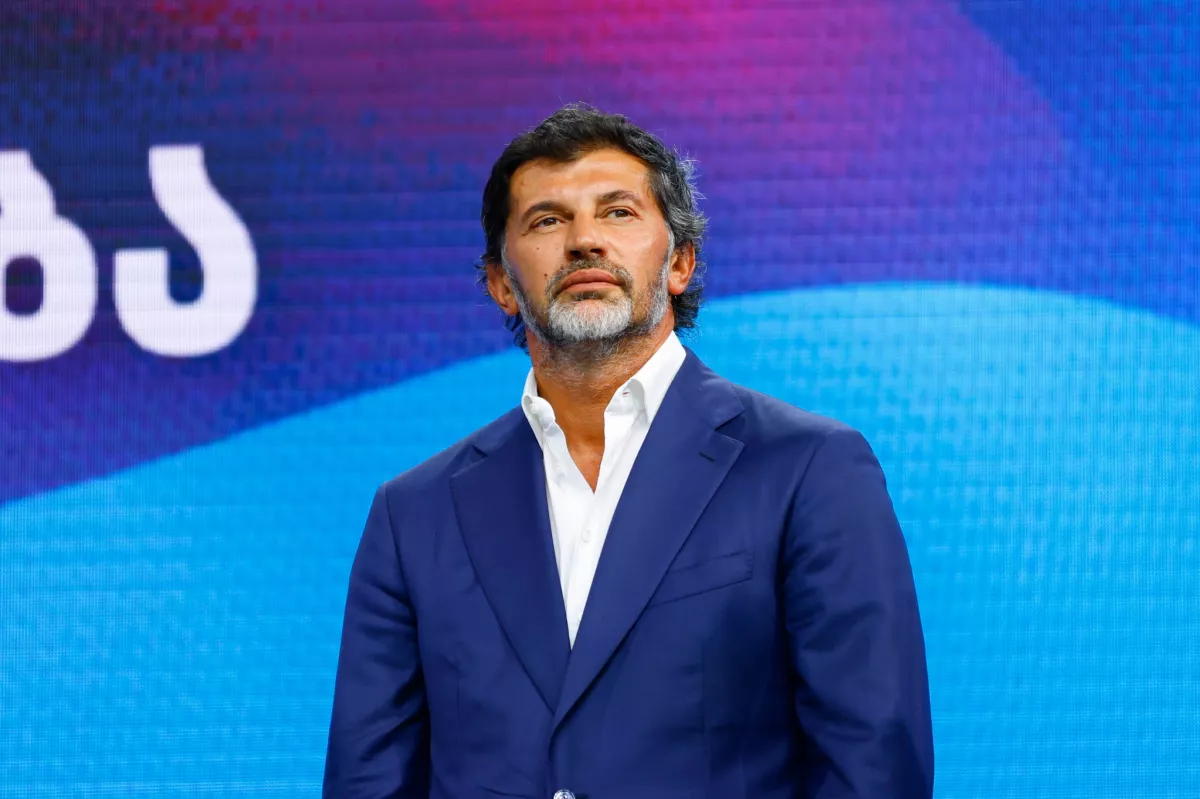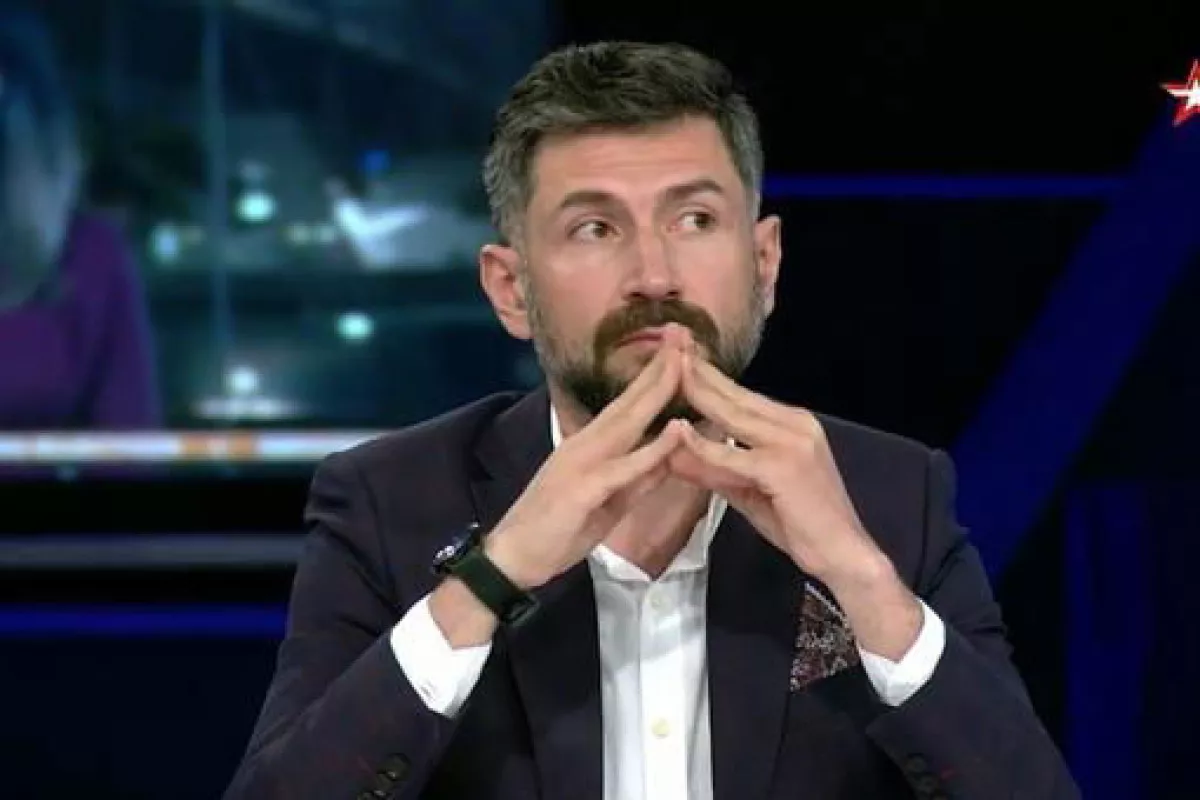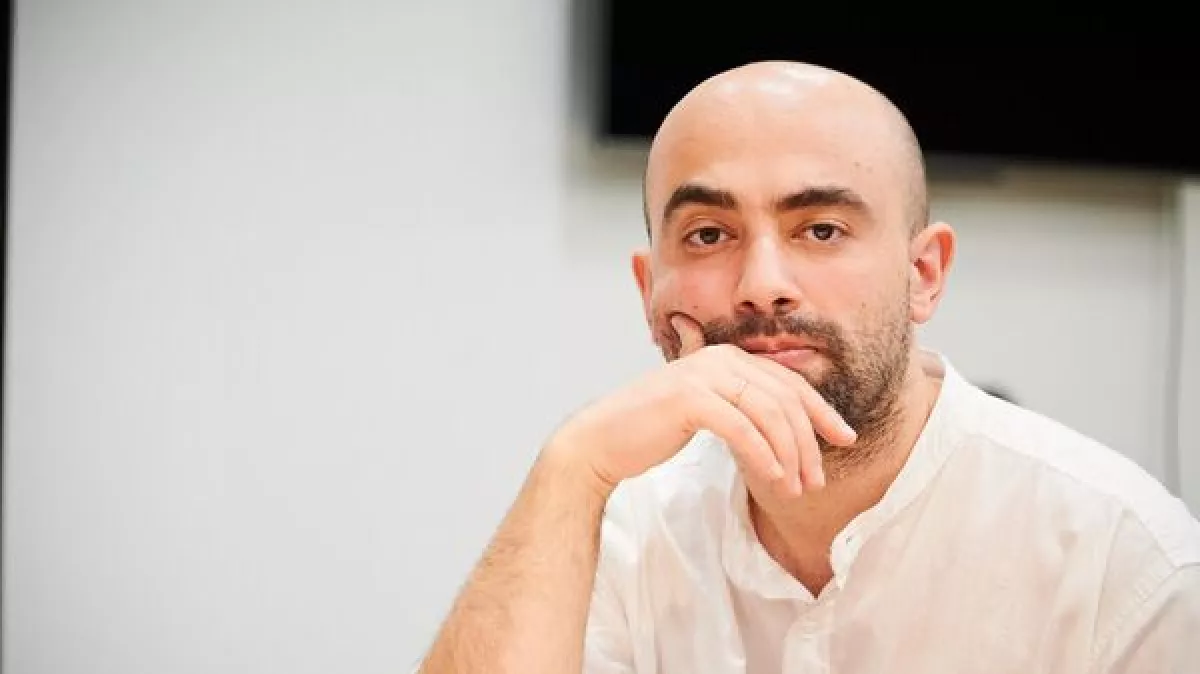Brussels' nerve game Cold War over Georgia’s sovereignty
The current government in Georgia does not suit the bureaucrats in Europe. They are seeking to replace it with a more loyal opposition, said Kakha Kaladze, Secretary General of the ruling Georgian Dream – Democratic Georgia party and Mayor of Tbilisi, speaking to journalists.

“In recent years, there have been several attempts at a coup d’état, attempts to overthrow the government. All of this was financed from abroad. The opposition has had—and still has—its own patrons who want to change the government in Georgia, because the country now has a patriotic government that defends the interests of its people. That’s exactly what they don’t like,” Kaladze stated.
He also commented on the criticism voiced by European officials regarding the foreign agents law, which came into force on May 31.
“They claim that our transparency law violates democratic principles, while at the same time, in Brussels, they are discussing the possibility of adopting a similar bill themselves,” he added.
The Foreign Agents Registration Act came into force on May 31. The bill, passed by the Georgian Parliament in its third and final reading on April 1, introduces criminal liability of up to five years and applies to both organisations and individuals.
Unlike last year’s Law on the Transparency of Foreign Influence, this legislation mirrors the U.S. Foreign Agents Registration Act (FARA). It took effect 60 days after its publication in the Legislative Herald and requires NGOs and media outlets receiving more than 20% of their funding from abroad to register as “representing the interests of foreign powers.”
Georgian Prime Minister Irakli Kobakhidze commented: "If someone wants to finance revolutions in Georgia from abroad — they should at least do it transparently. That principle is exactly what the transparency law reflects."
But how real is the threat of regime change today, more than six months after the opposition’s failed attempts to destabilise the situation? And in what way can the new law contribute to preserving stability in the country?
Well-known analysts shared their views on these questions with Caliber.Az.

Shota Apkhaidze, Director of the Caucasus Centre for Islamic Studies and an expert at the Financial University under the Government of Russia, recalled that the Georgian Dream party should have banned the United National Movement (UNM) as far back as 2012 — the political force associated with Mikheil Saakashvili, who has been implicated in criminal offences against the Georgian state.
“There were many grounds to declare this party unconstitutional and destructive. But it didn’t happen due to a number of factors. The West supported and lobbied for the UNM, and had it been banned back then, there would have been discontent — but no real action would have been taken against Georgia.
The West has repeatedly tried to interfere in the country’s internal affairs, and even if Georgian Dream had gone ahead with the ban, it likely wouldn’t have changed the overall trajectory. The West continues to claim that there is no democracy in Georgia. In their view, democracy means submitting to their demands while ignoring national interests.
At the same time, it was convenient for the government to have a discredited opposition nearby with 25% — now only 15% — support. This allowed them to use the UNM as a scarecrow: ‘If not us, then them.’ But such a strategy has also hindered the emergence of a constructive opposition,” he noted.
According to Apkhaidze, the adoption of this law was long overdue.
“But it has only now been implemented. The law doesn’t just apply to political parties — it also targets the civil sector, which is largely funded by Western foundations. If the law is actually enforced, rather than just remaining on paper, it will curb the influence of NGOs engaged in politics under the guise of civic activity.
The funding was misused for interference in internal political processes. This law alone won’t ensure stability unless violators are held accountable. So far, during the 13 years of Georgian Dream’s rule, we haven’t seen sufficient enforcement. Violations must be punished not based on political motives, but according to the facts,” Apkhaidze stressed.

Political analyst and founder of the SIKHA Foundation research centre, Archil Sikharulidze, believes the foreign agents law emerged only after Georgian Dream realised that the West was directly attempting to influence the country’s political elite.
"Georgian Dream would not have openly opposed the West, as it was itself a pro-Western party that, prior to the war in Ukraine, enjoyed support for its balanced foreign policy. But once the conflict in Ukraine began, the West demanded an explicitly anti-Russian stance from Georgia — sanctions, military support. That would have dealt a blow to the country and to the party itself.
When it became clear that Western partners were actively investing in political forces and NGOs to topple the government, the authorities responded. At first — with a mild bill, amid Western assurances they would stop pressuring Georgia. But by the time the 2024 elections approached, it was clear Western players had not backed down. That’s when a tougher version of the law, modelled on the American FARA, was introduced.
Its goal is simple: any entities receiving funds for political activity must report it. That’s standard practice. If NGOs and foundations don’t comply, they must be held accountable. I believe Georgian Dream is now acting seriously," the analyst stated.
He believes that attempts to change the government in Georgia have failed.
“I’ve said it many times: it is impossible to overthrow the government in Georgia through protests. The power structures — the army, police, and security services — remain loyal to the state, not the pro-Western opposition. Today, the opposition is in critical condition. To talk about its ability to influence the government is, to put it mildly, a fairy tale from the Vienna Woods.
The EU has two options: either accept the new reality or push its relations with Tbilisi into crisis. Right now, there is a cold war between Georgia and the European Union. Everything we’re seeing is a result of pressure from European bureaucrats trying to impose on Georgian Dream actions it simply cannot take. Brussels does not understand the challenges Georgia is currently facing, and so far, it has failed to make realistic and adequate demands,” Sikharulidze concluded.








